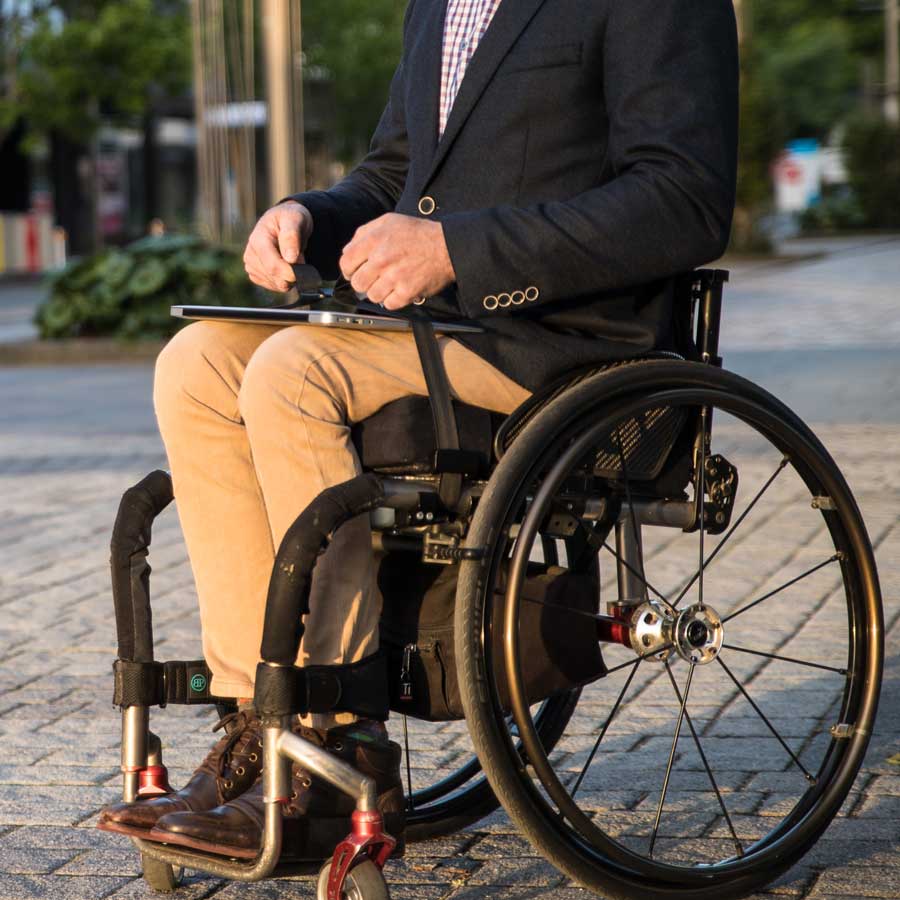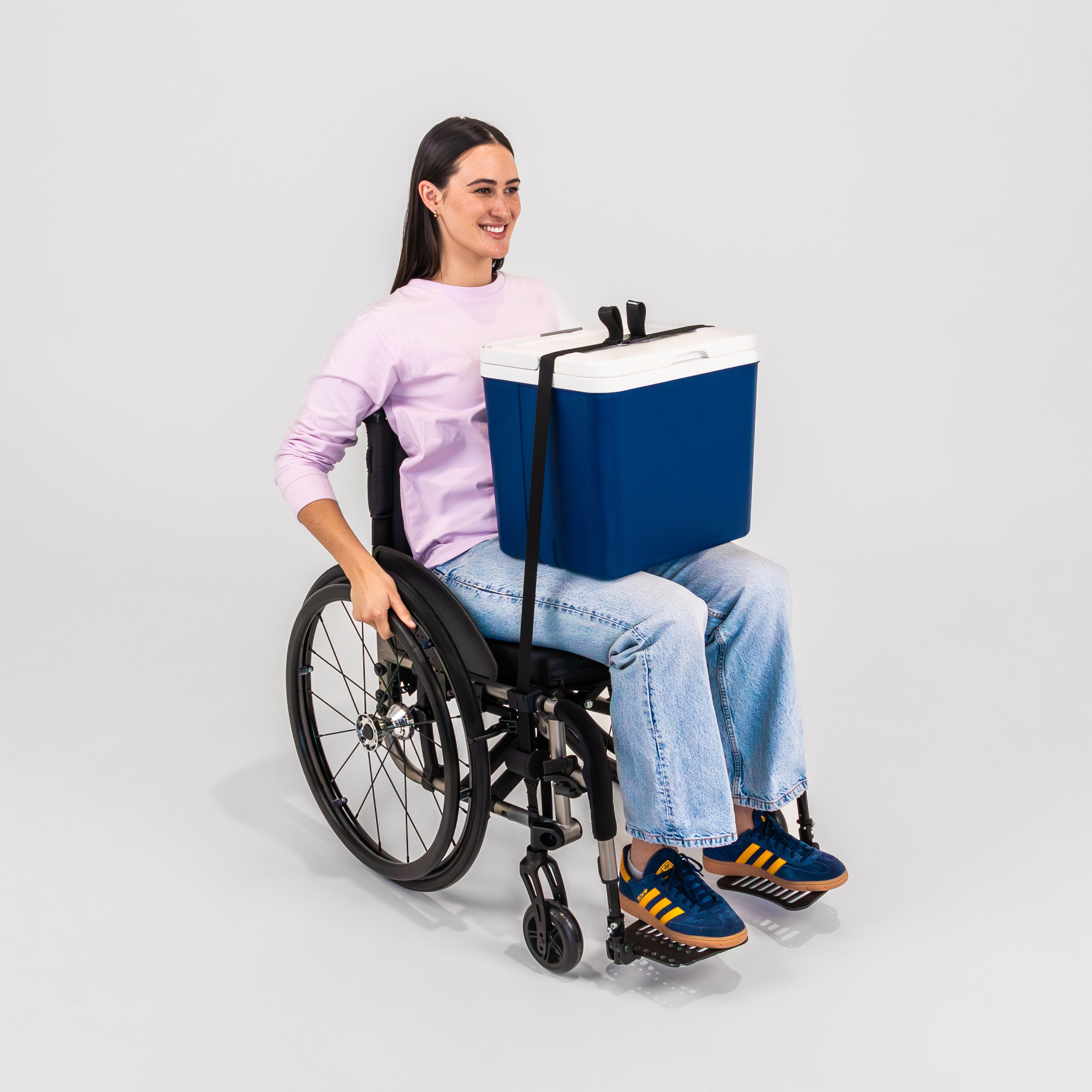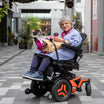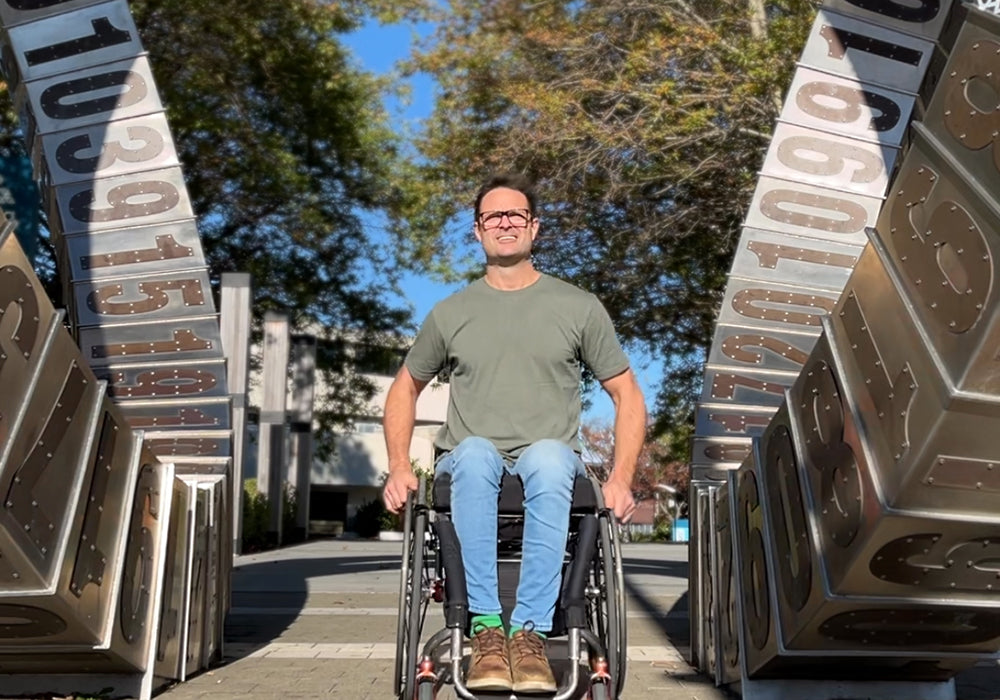
4 reasons why going with the flow isn’t just easier - it’s often smarter.
Sometimes, the best path forward is the one we roll with, not the one we planned. Here are 4 reasons why going with the flow isn’t just easier but often smarter: Adaptability - Life is full of u...
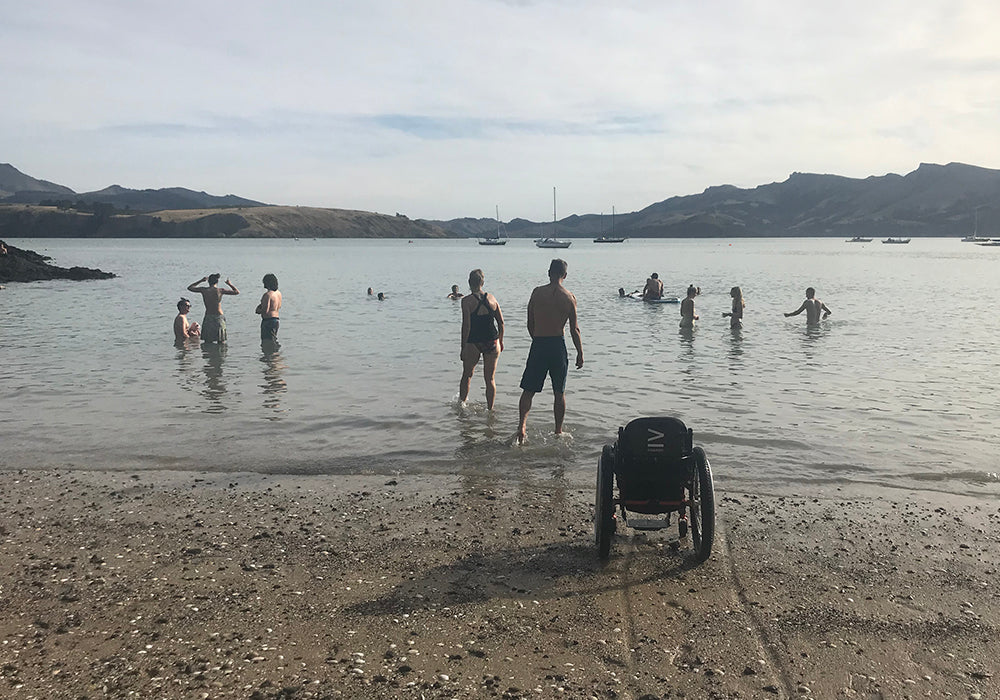
How to overcome feeling like a burden as a wheelchair user.
Ever felt like you were a burden? Ever wished you just blended in? Wished things we just easier?Yesterday was one of the hottest days on record here in Christchurch, New Zealand.My friends were hea...

Unleashing the power of intermittent fasting - 7 benefits for wheelchair users.
In my quest for optimal health to offset the disadvantages of being a paraplegic and wheelchair user I came across intermittent fasting (IF) as a way to manage my weight, improve my overall energy ...
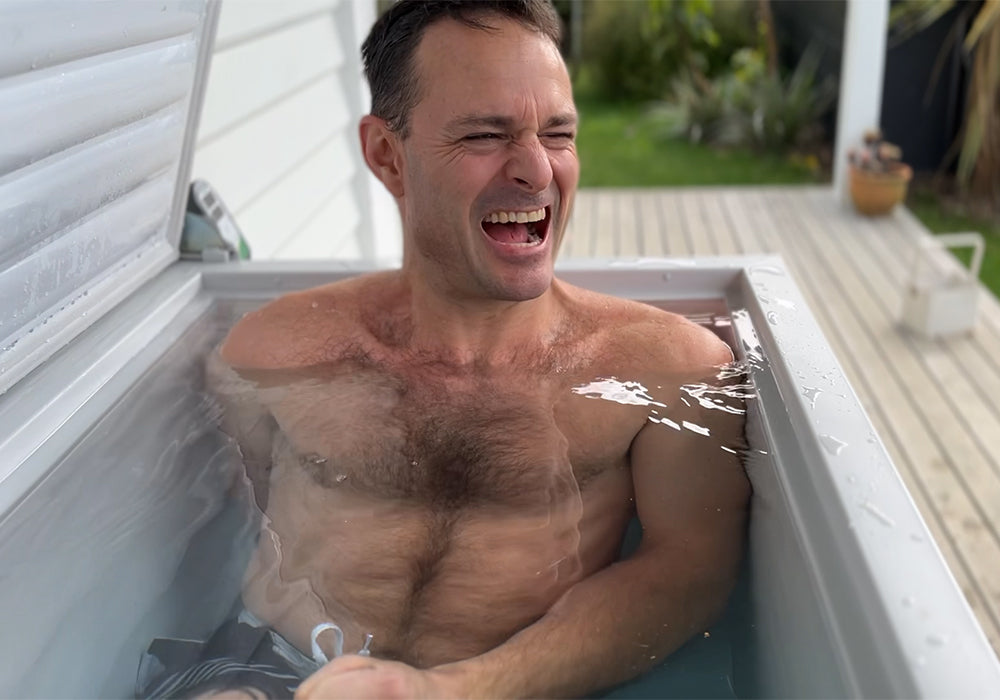
Cold plunging for spinal cord injury recovery and resilience.
Why Cold Plunge? Wheelchair users are used to discomfort, so why invite more into our lives?The answer lies in the power of voluntary hardship to fortify our mental and emotional resilience, prepar...
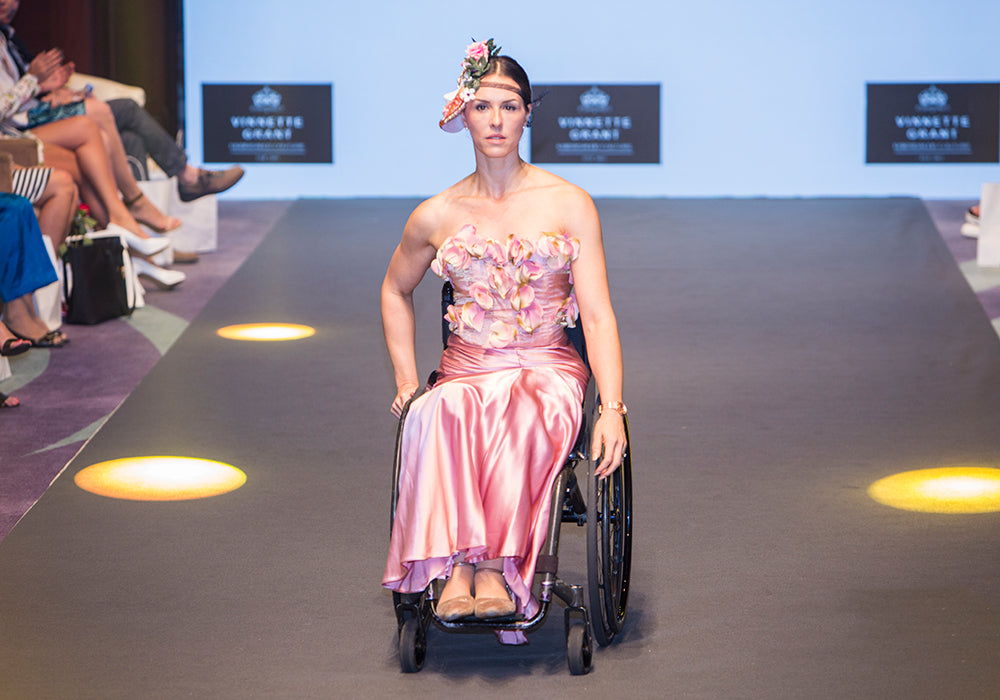
Samanta Bullock - wheelchair fashion model.
Samanta is a wheelchair tennis champion, an inclusive fashion model, sought after speaker, and a health and wellbeing expert who is changing the way the world views inclusivity and wheelchair fashion.
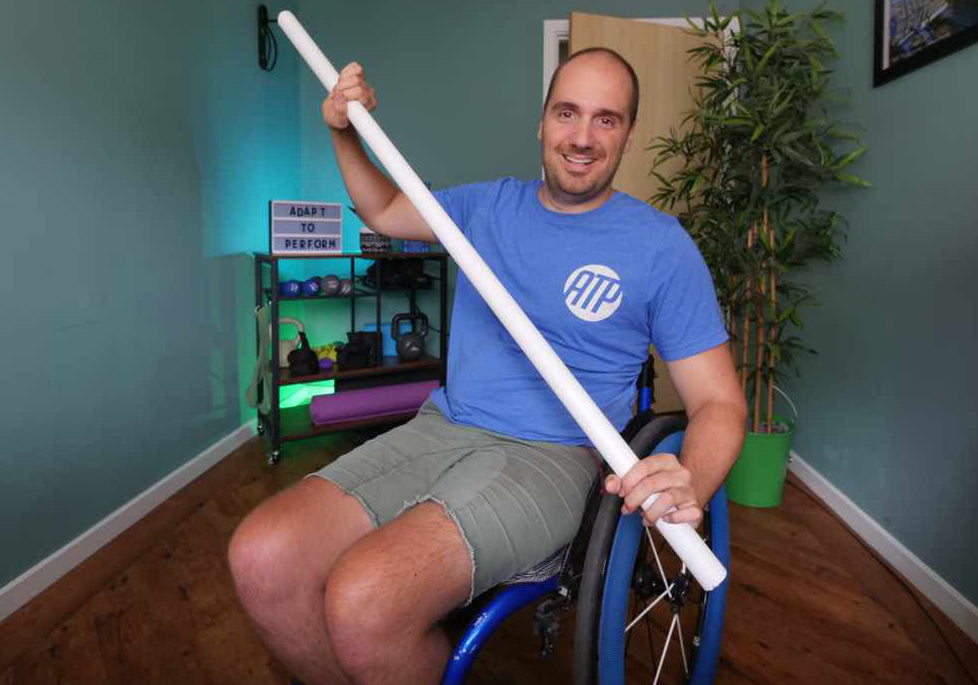
Ben Clark - adaptive fitness expert.
Ben Clark, dove into the sea “Baywatch style” and discovered it was shallower than he expected. The impact broke his neck, resulting in paralysis from the chest down. Drawing on 10 years of experie...
Let's get to know each other.
Join us on social.


